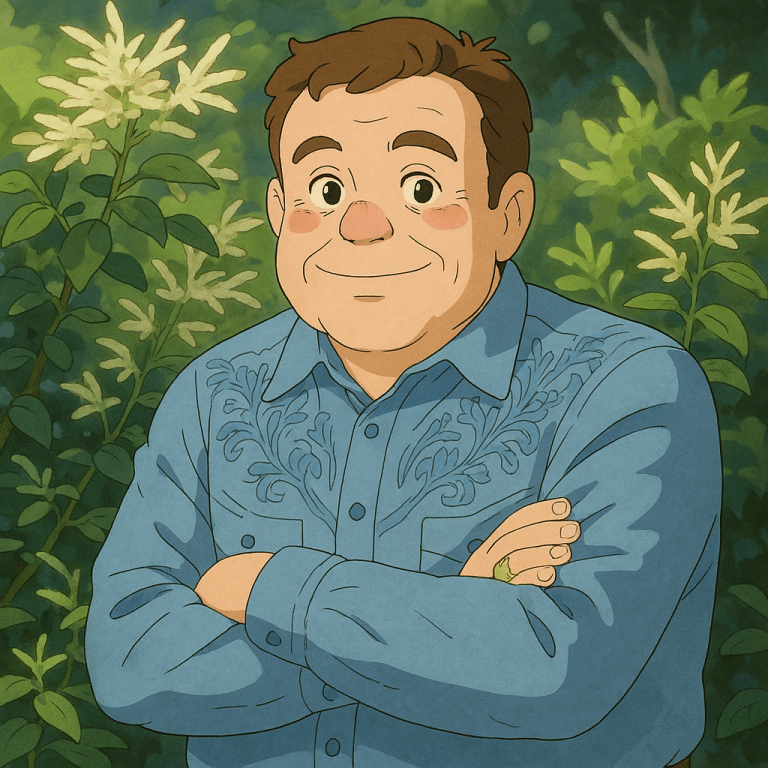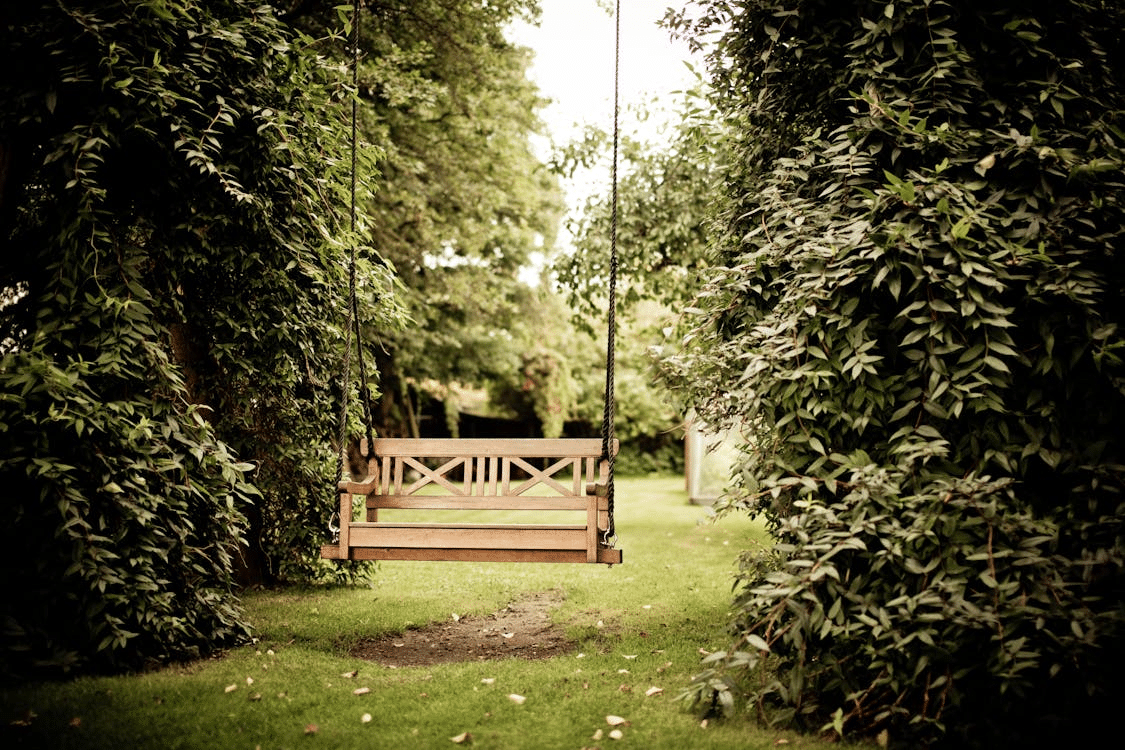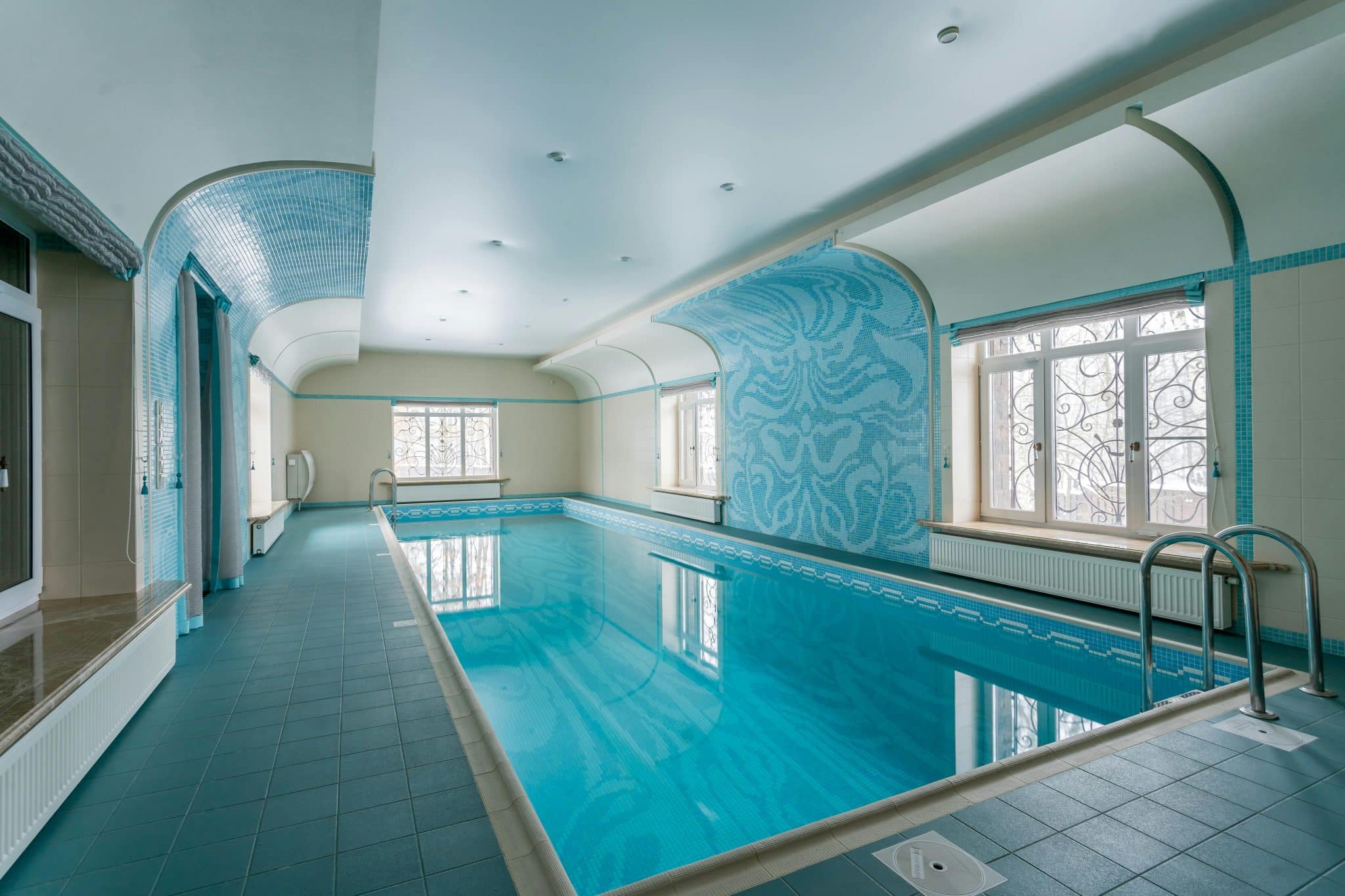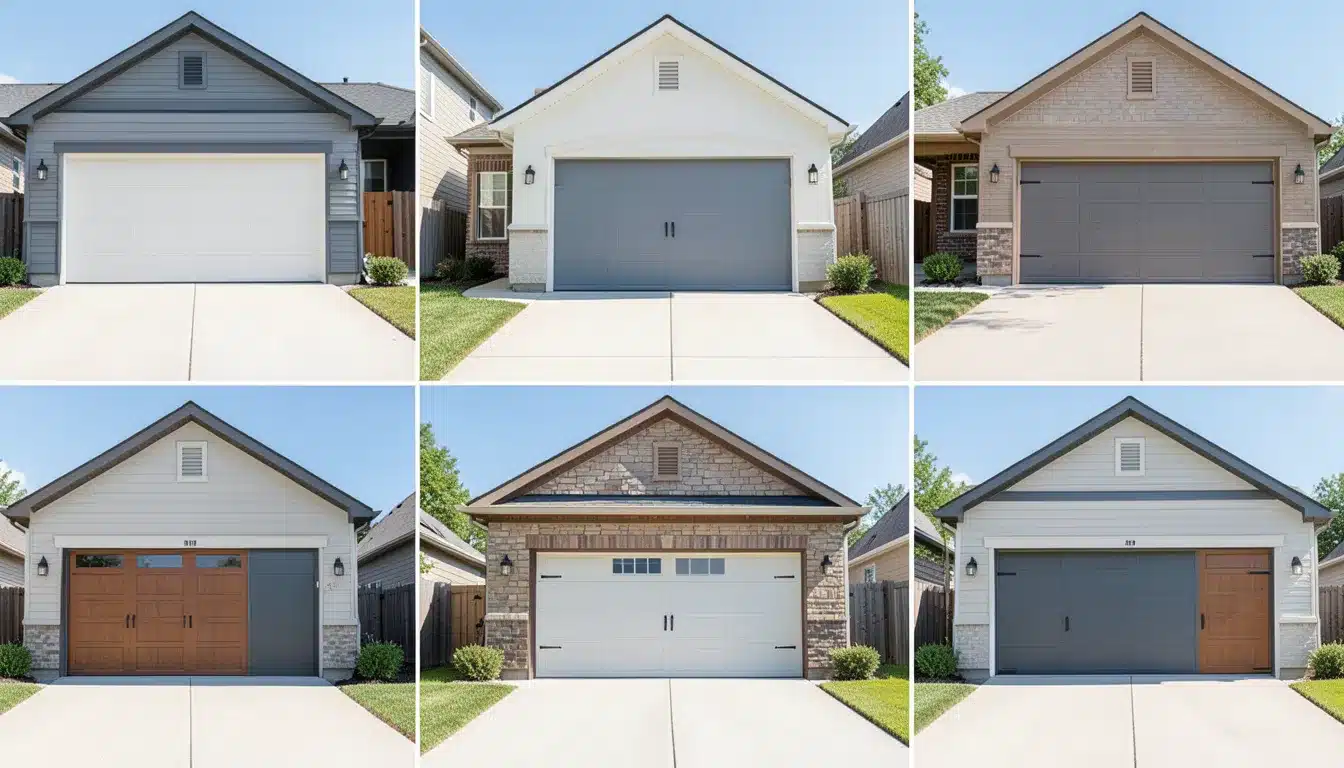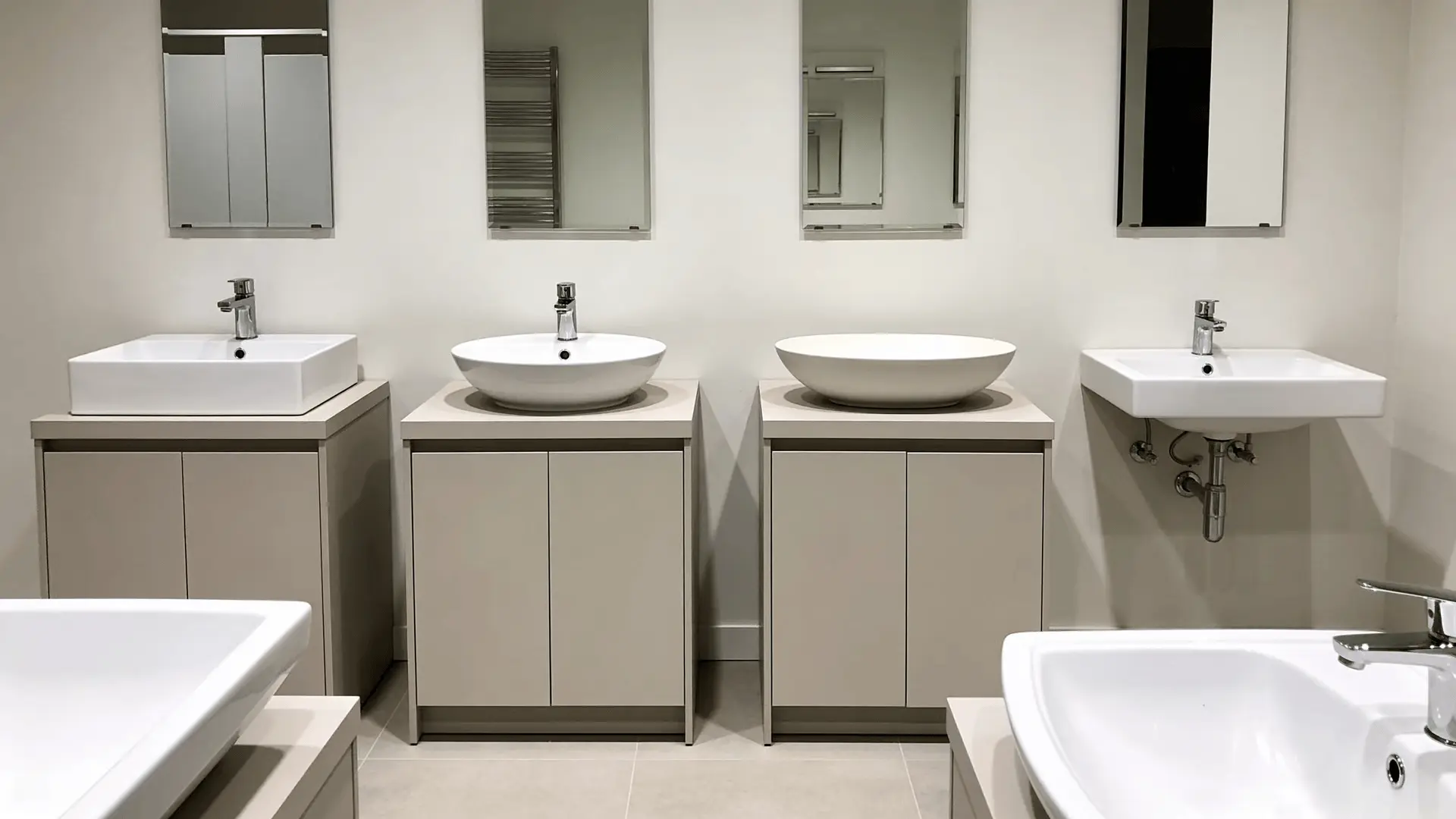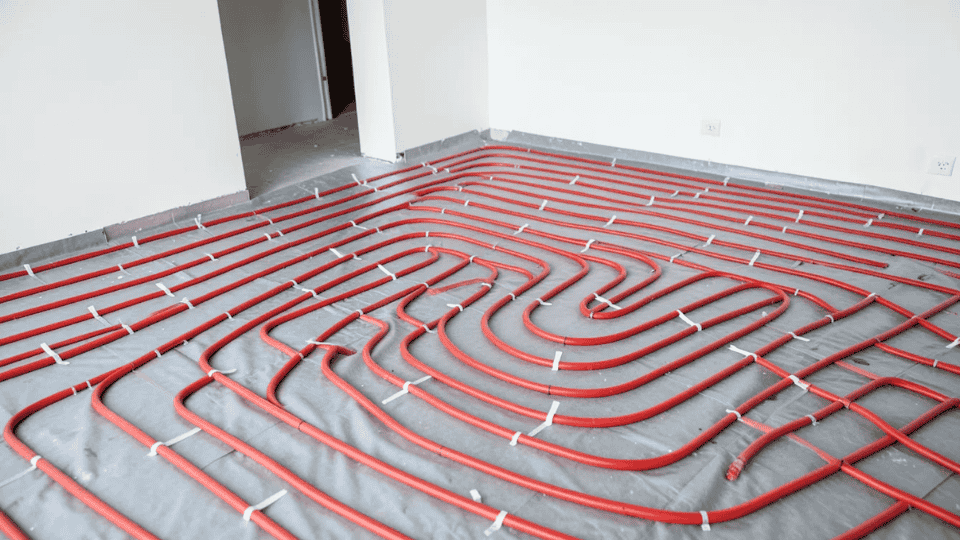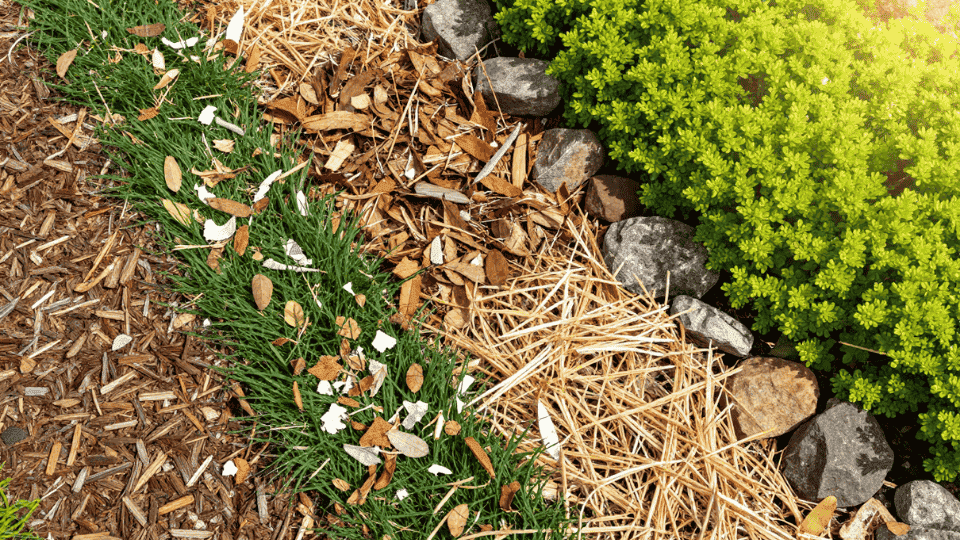A backyard can be an at-home retreat or play space for the kids. But for neurodiverse kids, a backyard can be a calming sanctuary where they are most themselves. The right backyard design choices can create a welcoming space where kids can experience a sensory-friendly environment.
Read on to discover a helpful guide to building a calming backyard that can support and soothe neurodiverse kids.
Divide Your Yard into Zones
Neurodiverse children do best in structured situations where predictability is part of the equation. When it comes to designing a backyard, that means it’s smart to segment your yard into different zones. For example, a play zone for younger kids may include a small swing set with a sandbox and slide. Clustering these items into one corner of your yard will make the space instantly recognizable as one where play is encouraged.
Another zone could be devoted to a quiet space. Situate a comfy chair and a side table for sitting and reading. A hammock or lounge chair can work well, too. Use stepping stones or wooden walkways to transition between different spaces in your yard. Further, potted plants, pavers, or other visuals can work effectively to define different zones and offer separation between them. That way, kids will be able to grasp that each zone is intended for a different purpose.
Provide Plenty of Shade
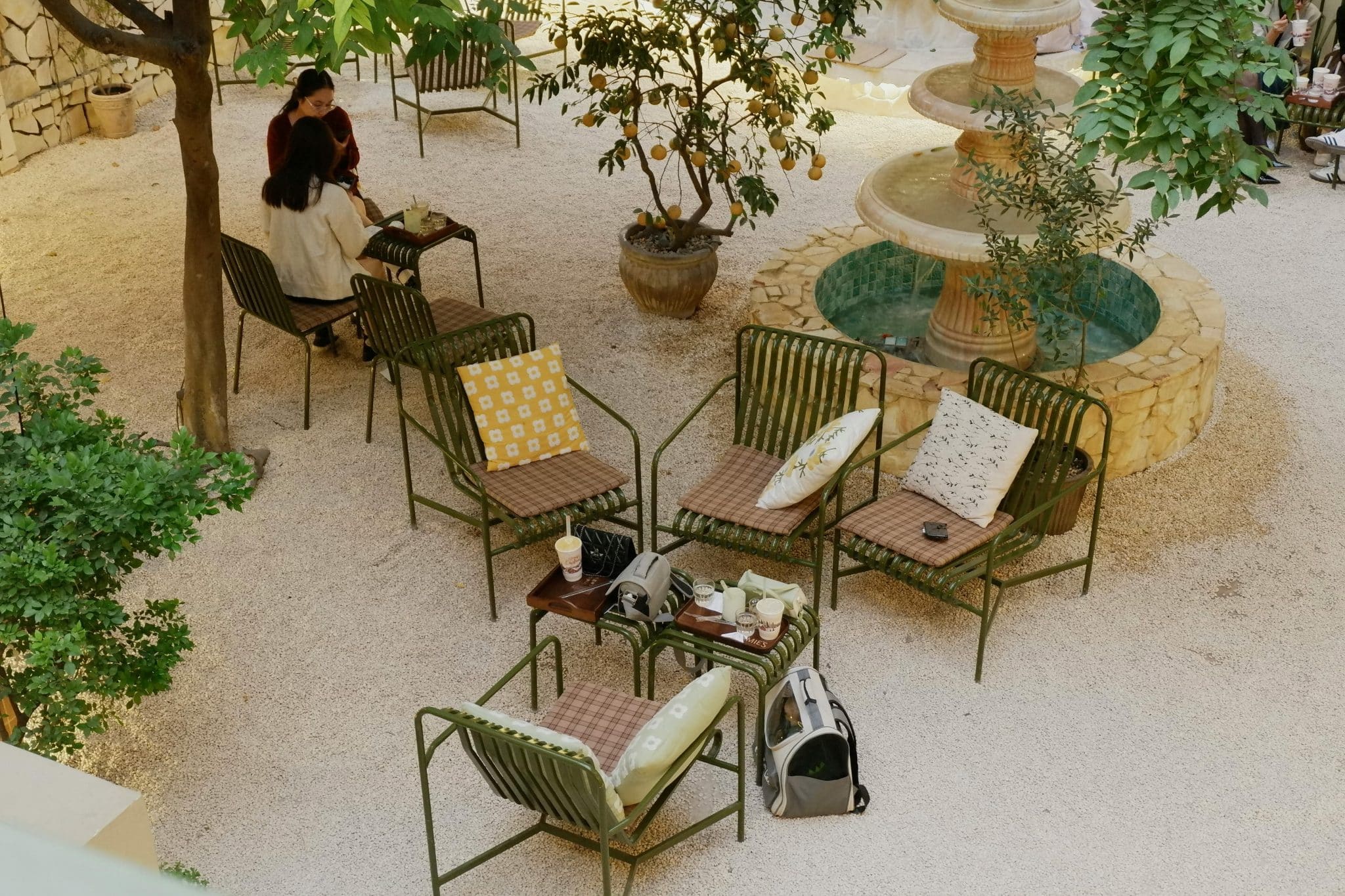
Does your yard have a lot of trees? If you don’t have a lot of natural sources of shade in your backyard, you may need to add some. Too much sun and glare can make neurodivergent kids feel uncomfortable. Add some shaded spaces where they can go to recover and cool off.
A small camping tent can offer a fun and relaxing retreat. Bamboo screens, tables with umbrellas, and trellises are other effective options to add shade and character to your backyard. Consider planting native trees, too, like palmettos or a Southern magnolia, to help your yard mature.
Be Mindful of the Plants You Choose
If your child is sensitive to smell, you don’t want to populate your backyard with overly fragrant plants. Instead, opt for unscented plants that won’t be overwhelming. Gulf muhly grass and butterfly weed are excellent selections that offer natural beauty without the distracting aromas for Gulf Coast backyards.
Taller grasses can be a great option, too, since they’ll sway gently with the wind. This motion can have a calming effect. But if your child does react negatively to any existing plants, be prepared to intervene. Check out this resource on managing autism tantrums.
Choose Softer Surfaces
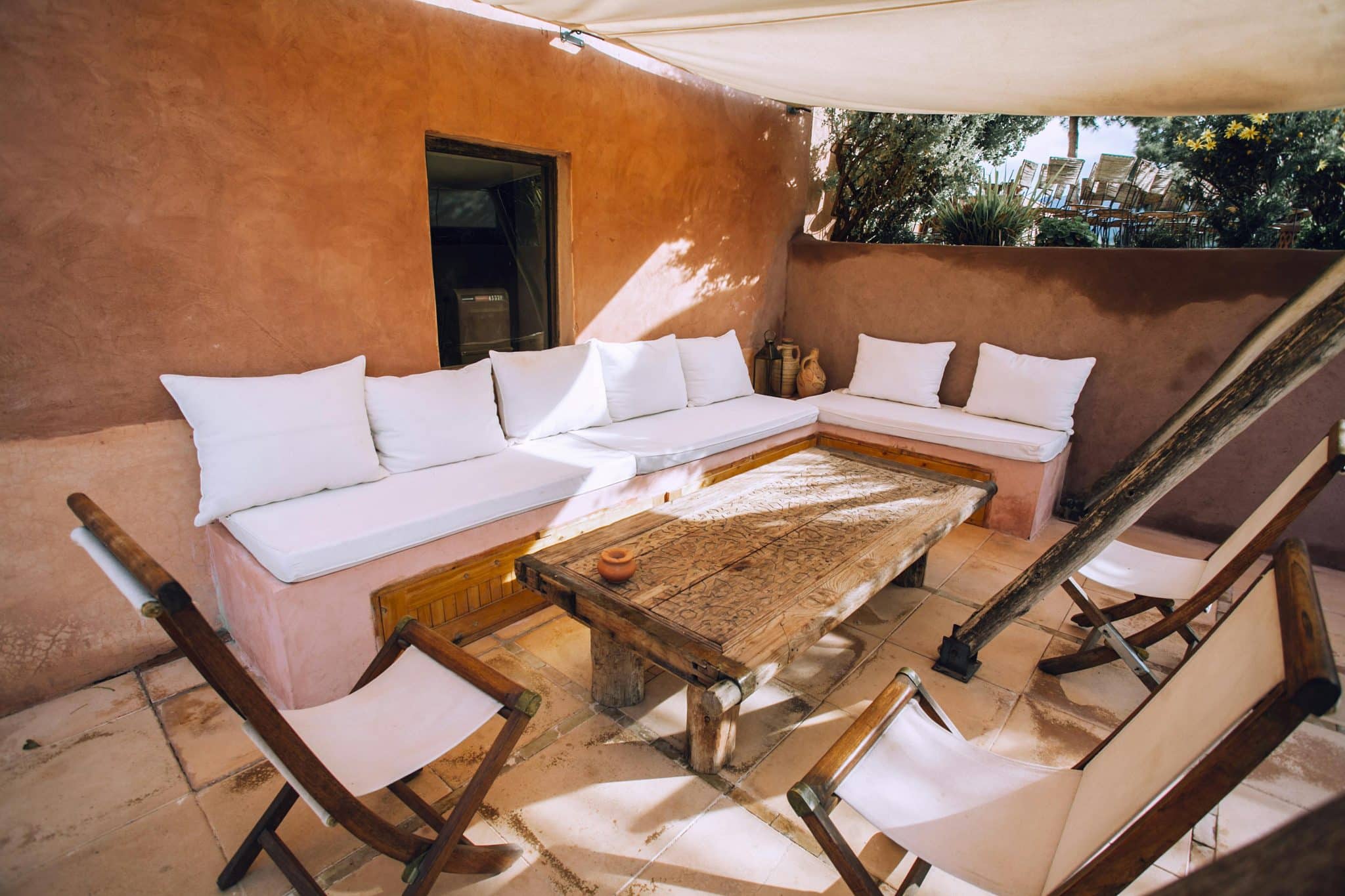
Neurodviergent kids may be more sensitive to textures. Rather than creating an outdoor space with lots of hard surfaces, choose soft materials, like rubber and turf. Add soft area rugs, rubber mats, and smooth gravel stones to create softer walking surfaces, especially for kids walking barefoot.
The addition of different textures will create tactile interest, as well. Introduce a sandy area for digging, plants with soft petals, and moss to create a blend of textures. Just be sure to move slowly with your texture-focused additions to avoid a sensory overload.
Keep Away Mosquitos
When you’ve gone to the trouble of establishing a welcoming and sensory-friendly backyard space, you don’t want mosquitos and other annoying bugs to be a problem. But if you live in a humid area, mosquitos can be a nuisance, and chemical treatments can be especially irritating to kids with sensitive skin. Similarly, some chemicals can produce offensive smells to kids with sensitive noses. The better option is to use natural treatments that dono’t involve chemicals. Adding fans to seating areas, for instance, can help keep away mosquitos.
Be diligent about outdoor upkeep, too. Remove standing water after rain storms. And keep your gutters clean so you’re not attracting as many pests. Pots of marigold and citronella can add beauty, as well, while providing some protection from mosquitos. If you do turn to repellents, make sure they’re the low-odor variety.
Create an Ideal Backyard Space
The right blend of zones, textures, an activities can make your backyard an ideal retreat for a neurodivergent kid. Be careful with outdoor maintenance to keep away pests. Introduce shaded spaces away from the sun. Ultimately, plan on choosing additions to your yard that will help support your child and offer a sense of calm.

